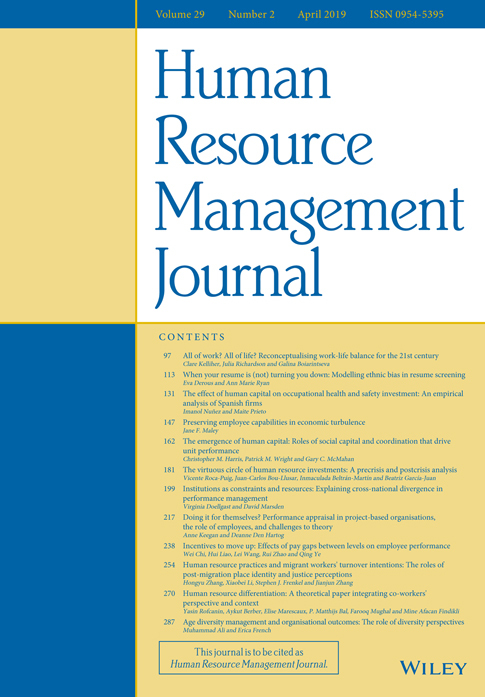

Resume screening is the first hurdle applicants typically face when they apply for a job. Despite the many empirical studies showing bias at the resume‐screening stage, fairness at this funnelling st…
CVs are worldwide one of the most frequently used screening tools. CV screening is also the first hurdle applicants typically face when they apply for a job. They seem particularly vulnerable to hiring discrimination. Despite of decades of legislation on equality and HR professionals’ commitment to equal opportunities – ethnic minority applicants are still at a weaker position compared with equally qualified majorities. Recruiters and Hiring Managers look for applicants’ job qualifications, like work experiences in CVs. Besides job‐related information, CVs might also give hints about non-job related information, like applicants’ social group status, such as certain extracurricular activities. Recruiters and Hiring Managers transport their biases into the selection process by forming impressions and assumptions from the information they are presented. This means that when stigmatised information is present on a CV it could lead to biased and unfair decisions. This process in not new and it already happens now. The issue is with the automation of the recruitment process there is the real danger of using AI to perpetuate our human biases.